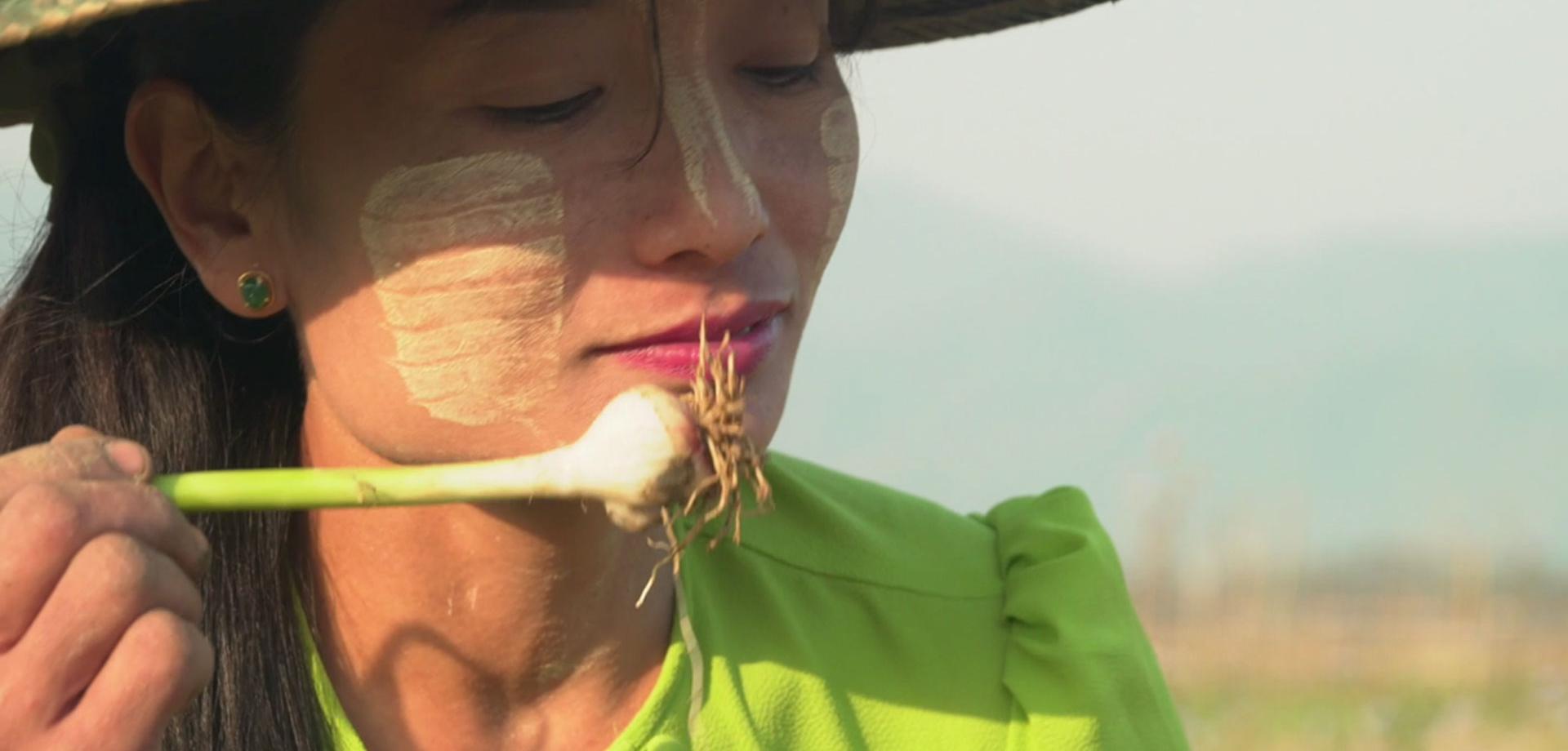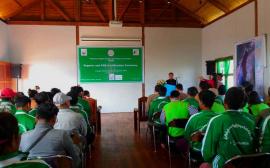Farming and animal husbandry are traditionally the main livelihoods of Indawgyi’s communities while families with no access to land primarily depend on fishing. The annual rice harvest following the monsoon in October demands seasonal workers and is essential for the livelihoods of many local households. Besides these traditional livelihoods, off-farm labour in logging or gold and jade mining are sources of income for local communities. The various livelihoods of the local communities not only depend on, but some also pose a direct threat to the environment. The conversion of seasonally flooded grasslands into paddy fields, the use of agrochemicals in farming, as well as the overfishing of the lake, have all serious impacts on the ecological balance of Indawgyi Lake. Illegal logging and firewood extraction for commercial and subsistence use have led to serious degradation of the lake’s watershed forests. The continuous gold mining activities have completely destroyed the mixed evergreen forest in the southwest of Indawgyi Lake and seriously degraded at least two streams feeding into the lake. In order to secure the long-term livelihoods of the local communities, sustainable fisheries, sustainable agriculture, agroforestry, and community forestry approaches are collaboratively developed and employed. The promotion of alternative livelihoods especially for disadvantaged and poor households aims to reduce the unsustainable activities which heavily impact Indawgyi’s ecosystems. Especially vulnerable groups such as single women households and landless fishermen and farmers are supported to develop alternative livelihoods, such as contract farming, livestock raising, ecotourism, and the development of value-added, processed products from non-timber forest products, as well as other products from home gardens and agroforests.



